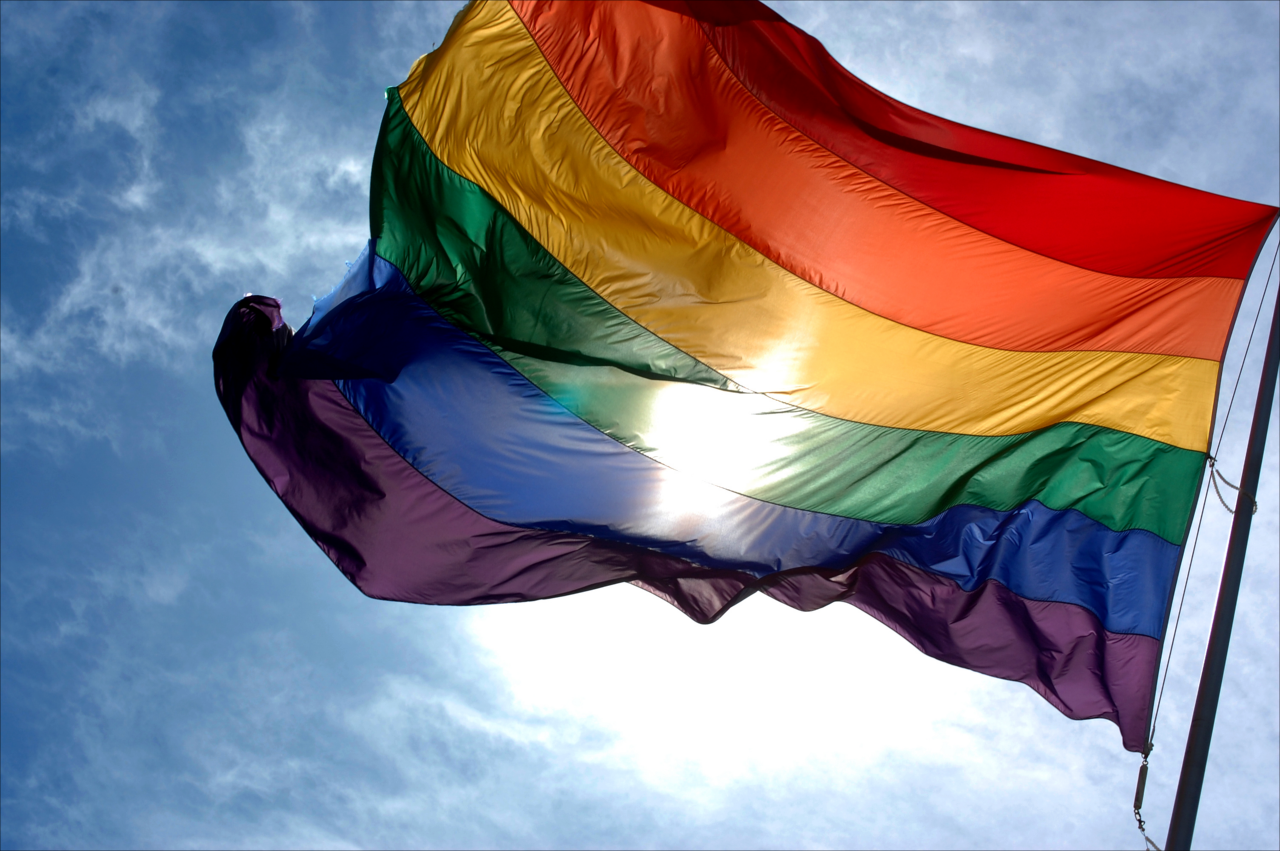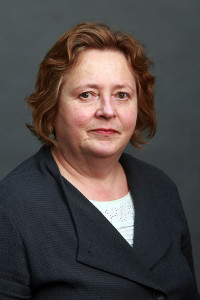Report into transgender laws recommends gender recognition for children and non-binary people

The group established to review the operation of the Gender Recognition Act 2015 has set out recommendations around gender recognition for children and non-binary people.
Employment Affairs and Social Protection Minister Regina Doherty thanked the review group for “their work and commitment in delivering this important report”.
She added: “Our work towards enhancing current Gender Recognition legislation reaffirms our commitment as an international leader on Transgender Rights.”
The review group’s report recommends the introduction of a gender recognition system for children, based on the principles that parental consent would be required; the process would be administrative; there would be third party support for the child and family; and there would be a straightforward revocation process.
The report also recommends the introduction of a system of gender recognition to be introduced for people who are non-binary (“individuals whose gender identity is neither exclusively male nor female, a combination of male and female or between or beyond genders”).
Ms Doherty said: “I will be consulting with the Attorney General and other Cabinet colleagues in order to tease out any legal and operational issues in advancing the recommendations.”
Moninne Griffith, the review group’s chair and and executive director of BeLonG To Youth Services, said: “The implementation of the report’s recommendations would change the lives of trans, non-binary and intersex young people across Ireland. It would send a strong message that they are visible, valued and included in Irish society.
“Trans young people and their families tell us how vital it is to their everyday lives to have access to legal documents that reflects their true gender such as passports, birth certificates and other official records. Basing legislation on self-determination reflects that this is a legal process and therefore there is no requirement for medical experts, medical treatments or diagnosis of a mental disorder for individuals to be legally recognised.
“Young trans people do not just wake up one morning and decide that they want to change their legal gender. This happens after a period of social transition, living in their preferred gender. What is clear from the young trans and non-binary people that we work with is, however is that having access to legal gender recognition will have a hugely positive impact on their lives, self-esteem, self-worth, and well-being.”

Eilis Barry
Eilis Barry, CEO of legal rights group FLAC, added: “FLAC welcomes the publication of this report and in particular we wish to acknowledge the significant work and extensive review of international human rights law that was entailed in their work. We also recognise that the report was informed by the public sector duty.
“FLAC welcomes that many of our recommendations are reflected in those of the Report. We particularly welcome the proposal to provide a legal pathway to recognition for those under 16s based on a simplified, administrative, non-medicalised process. This will go a long way to addressing the barriers to living with dignity for transgender children.
“We further welcome the proposal that legal gender recognition should be made available to people who are non-binary.
“There is now a clear onus on the Minister for Employment Affairs and Social Protection to ensure that legislation to give effect to the proposals is introduced when the Dáil reconvenes.
“There are many legal issues affecting trans people including the need to amend the Equal Status Acts and Employment Equality Acts and we call on the government to address these as a matter urgency.”






